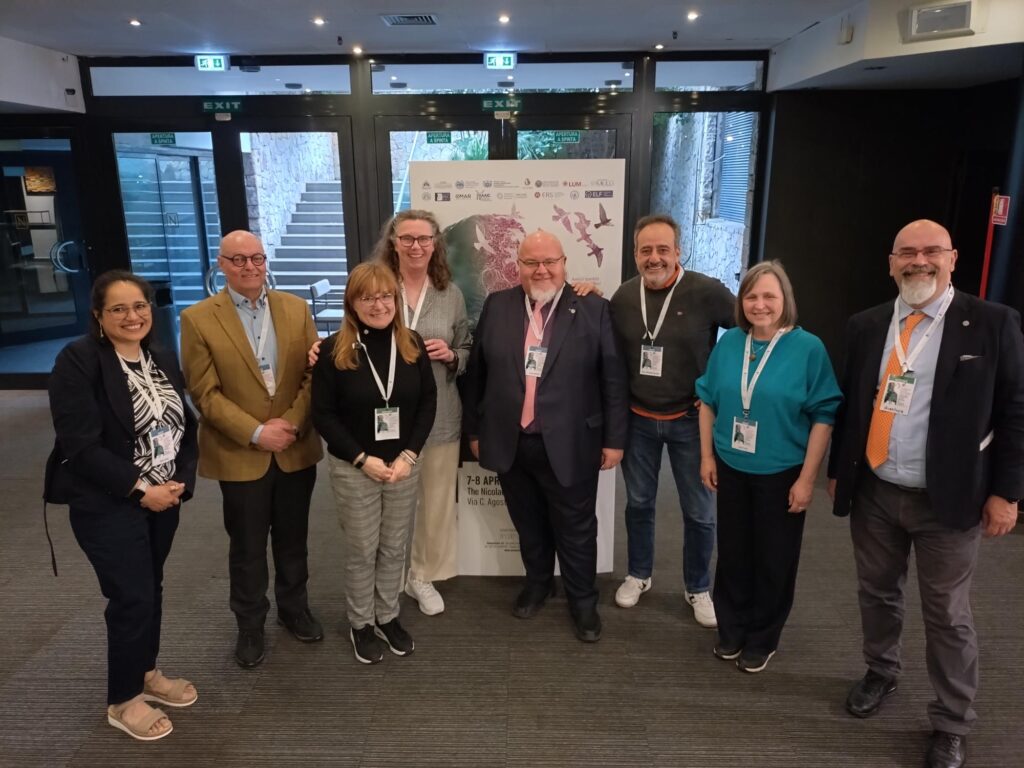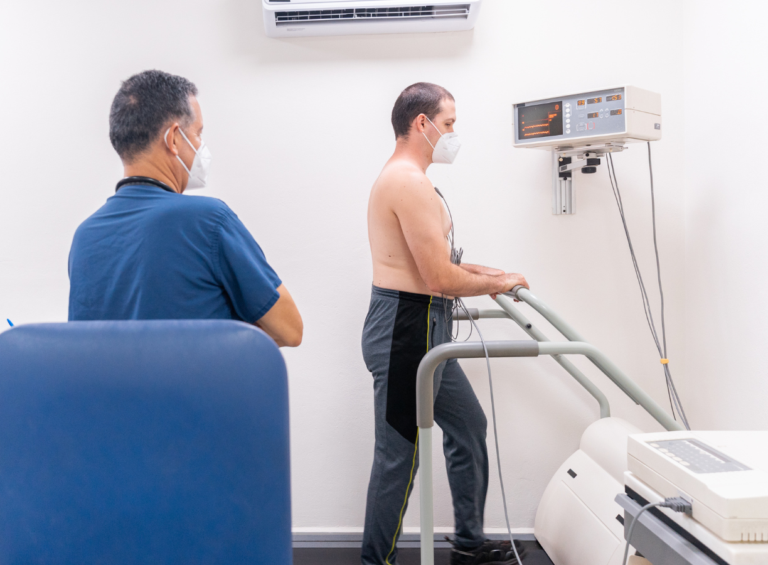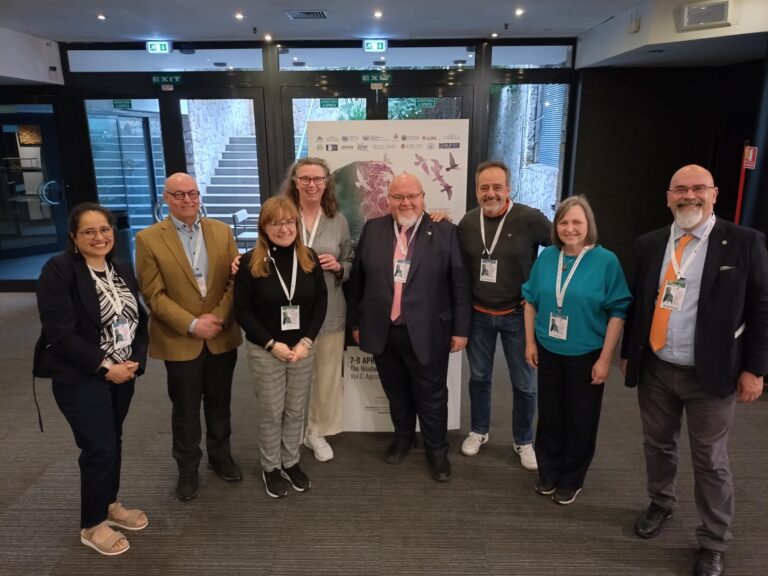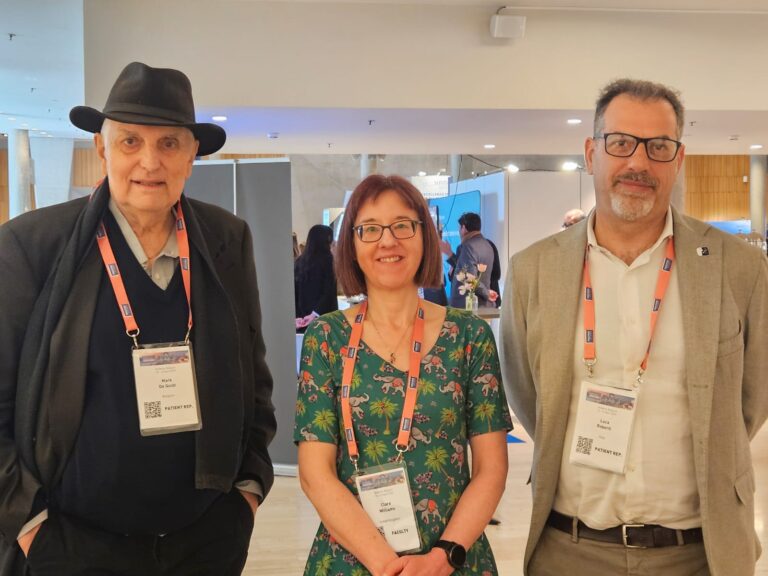
Cough and Coffee
Cough and Coffee
The Chronic Cough PAG has launched a new initiative for 2025 called
‘Cough and Coffee’. These informal online meetings offer members an opportunity to connect with healthcare professionals, share knowledge and highlight the real-life impact of chronic cough. The meetings are open and without a fixed agenda, allowing members to share issues that are important to them.
So far discussions have focused on the causes of chronic cough and the treatments available. Attendees value the opportunity to connect with others in a supportive environment and look forward to discussing more topics in the future.









